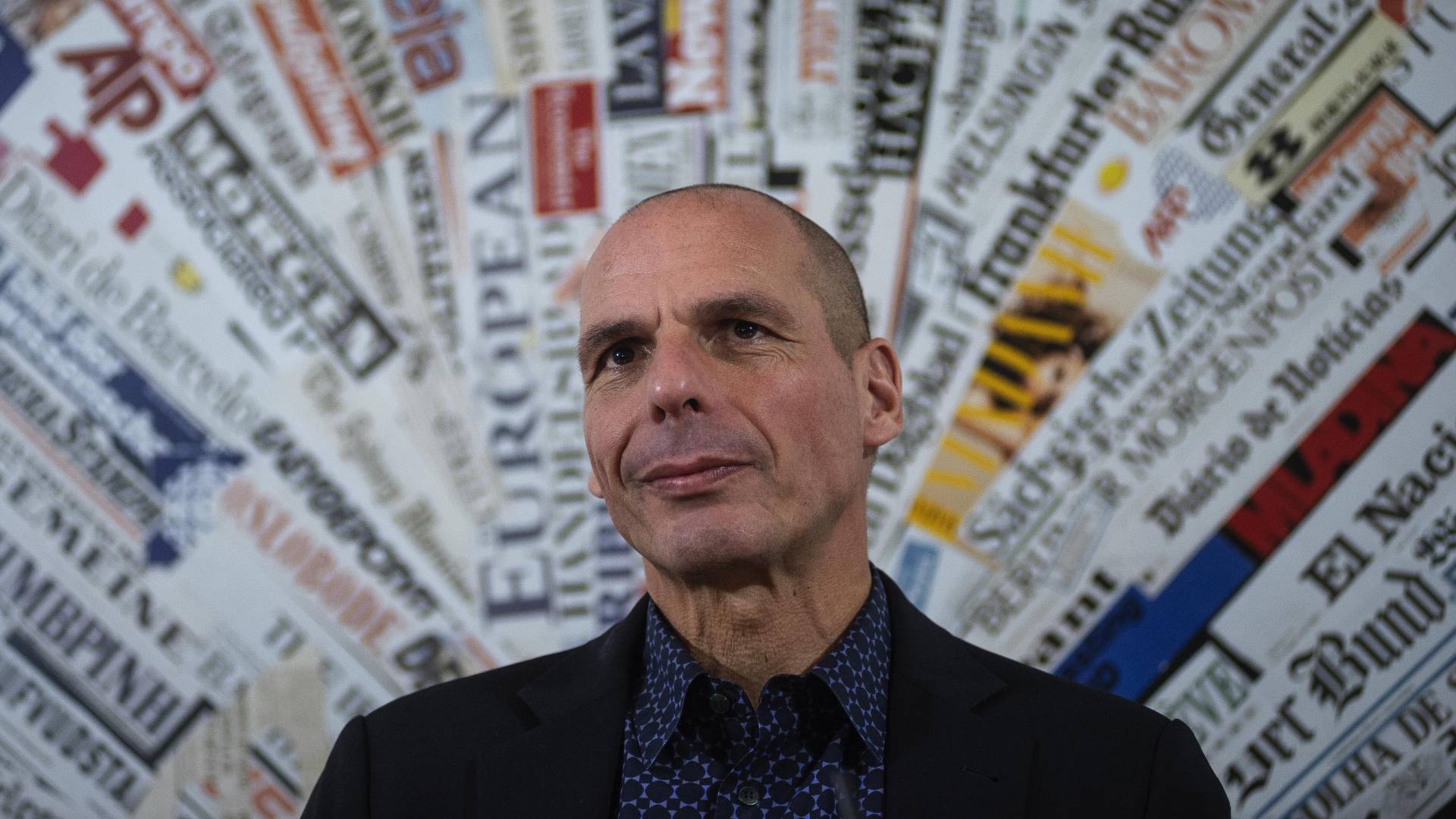Valve's former economist says Steam could produce 'better macroeconomic forecasts' than Goldman Sachs with the power of crowdsourcing and brownie points
A haunting vision of a Valve that might've been.

Steam's dominance of digital PC game sales is fearsome. In a 2021 survey, more than a quarter of game dev studios reported that they make over 50% of their yearly revenue from Steam sales. Despite its successes, however, Valve's former economist says the company could've been even more terrifyingly powerful.
Before a stint as Greece's finance minister, Yanis Varoufakis worked with Valve as its economist in residence, studying the player economies emerging from the exchange of in-game commodities like TF2 hats. In an interview with Aftermath, Varoufakis said that, by never shifting its sights from games, Valve failed to follow its true calling: macroeconomic forecasting.
Varoufakis's primary work at Valve, he says, was monitoring the stability of player markets. By studying how those economies functioned, he informed Valve's monetization strategy to avoid the potential mayhem of an unregulated player aftermarket, which he told Aftermath could've led "to substantial financial losses for a lot of people." But, Varoufakis said, the economic picture that he'd pieced together was left with untapped potential.
As Varoufakis tells it, he had worked at Valve on how to use the platform to build a kind of gamified prediction market, to crowdsource and, ideally, refine economic forecasts. The Steam user base formed an economy that, in turn, was interconnected with and informed by a number of external economies. "You could use these 100 million people that interacted there in order to essentially improve upon the predictions of economic forecasters on the American economies, the global economies, interest rates, growth rates, and so on," Varoufakis said.
As an example, Varoufakis imagined a game where you might get "brownie points or credit points if you predict next month's inflation rate more accurately than the Fed." While Varoufakis doesn't specify in the interview, you can pretty quickly imagine how that might've contributed to a reputation system where contributors with accurate predictions would've been weighted higher, gradually producing more accurate forecasts.
"I am of the belief that had that happened," Varoufakis said, "then Valve would be able to produce better macroeconomic forecasts for the American economy or the global economy than the [International Monetary Fund] or Goldman Sachs."
While imagining the alternate timeline where Valve has become a lynchpin for global investment banking feels to me like a dystopian nightmare, Varoufakis told Aftermath that Valve's game-focused myopia has meant the company has made it "less interesting" to him than it was during the heyday of the hat economy. For Varoufakis, Valve fell prey to the poison of selling too much junk.
Keep up to date with the most important stories and the best deals, as picked by the PC Gamer team.
"Commodification won," Varoufakis said. "There were important values in there that commodification has destroyed, but that's what commodification does."
Lincoln has been writing about games for 11 years—unless you include the essays about procedural storytelling in Dwarf Fortress he convinced his college professors to accept. Leveraging the brainworms from a youth spent in World of Warcraft to write for sites like Waypoint, Polygon, and Fanbyte, Lincoln spent three years freelancing for PC Gamer before joining on as a full-time News Writer in 2024, bringing an expertise in Caves of Qud bird diplomacy, getting sons killed in Crusader Kings, and hitting dinosaurs with hammers in Monster Hunter.

